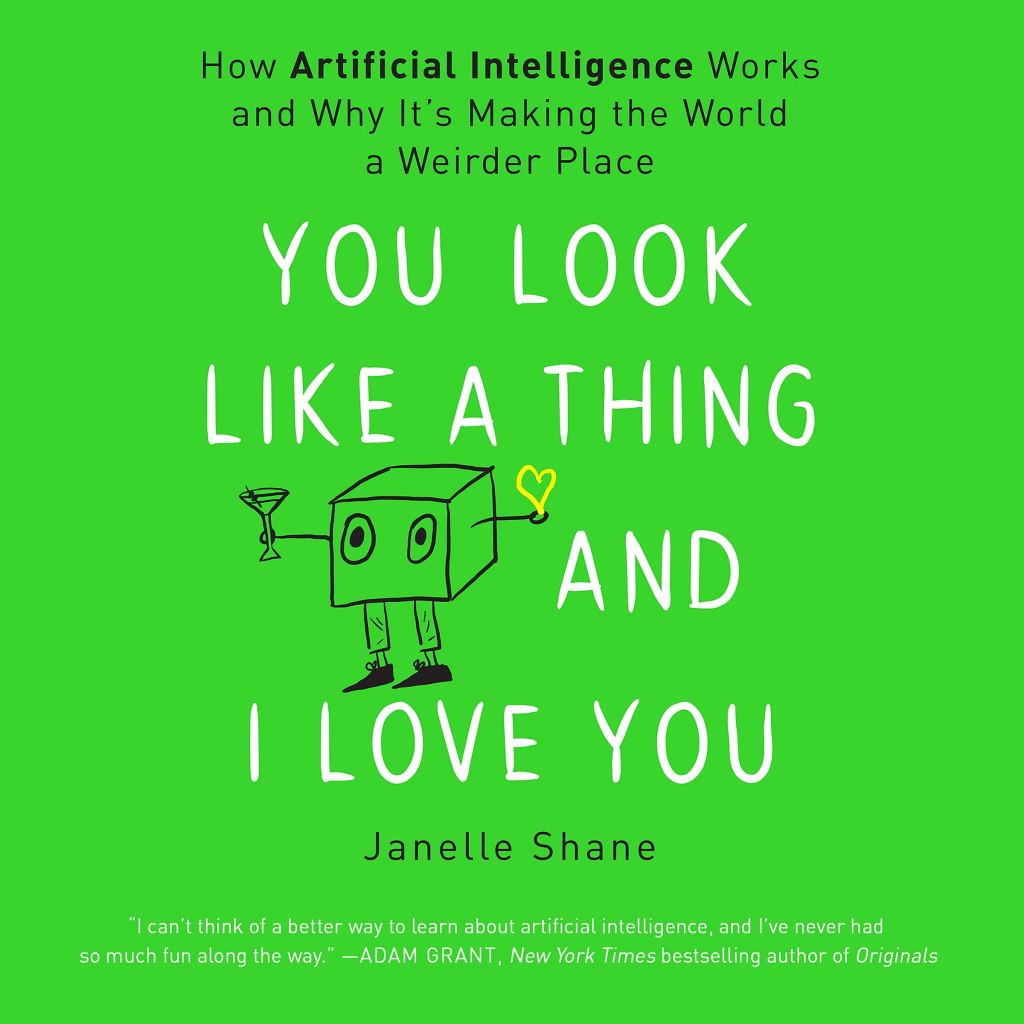I am indebted to Rusty Foster to these incredible pastiches of Adam Curtis.
“Silvia Dal Dosso predicts that The Future Ahead Will Be Weird AF but the present is already in the past and the weird future ahead is here right now.”
SCAM FACTORIES
Yes, magicians, managers, and PR agents have always multiplied illusions to our disadvantage, but what if technology and innovation do not enhance reality but make scams even easier? Can one detach AI from what is happening in the actual geopolitical ‘shatter belt’ – like Myanmar (which is completely overshadowed by the ongoing genocide committed by Israel in Palestine). Nobody even talks about this region that used to be associated just with the Golden Triangle drug trafficking. From the Rohingya massacre to the Myanmar civil war, there is increasing instability and organized crime spilling over into China – but also fake gambling towns built overnight posing as “fake” part of the Road & Belt Initiative BRI – China’s and currently the world’s most ambitious infrastructure project. Also, fake job offers are becoming more and more sophisticated. It would be uncomplete to ignore how hustle culture online scamming and human trafficking have transformed into an industry since COVID. The Chinese movie “No More Bets” – was turned into an unlikely diplomatic success. While initially banned by several SE Asian countries the movie managed to bring about cooperation in “combating transnational crime and promoting cooperation in the Asia-Pacific region”.
MACHINE LEARNING ILLUSIONISM
Machine learning consumes a lot of energy. It also seems to hallucinate a lot and upset a lot of people. What are we to do with this unregulated proliferation of illusions, deceptions, and mimicry in an era of post-post-post-post truth? Is it ok if AI offloads dreams and nightmares on us? Is this another externality? Does it matter if it gets powered by the sun’s seemingly inexhaustible energy? Or it doesn’t even matter what we think anyway since our energy thirst is just unstoppable – 20th-century industries and Carbon Technocracies have helped design our insatiable and energophage present. And then there is Oliver Stone promising us that nuclear power is the answer to the climate crisis and that several of his friends are working on it. Yeah, and seriously why blame Oliver Stone for cozying up with dictators when powerful CEOs dream of becoming absolutist monarchs and anti-state monarchists (Reichsbürger) are conspirationists with a pedigree? How is it that would-be emperors are invited as speakers and anarcho-capitalists cryptobros meetings, well maybe the answer is that technobros are actually turning the neocon world into a simulation theory by actualizing a form of the Truman Show.
It is weird as fuck already, and tomfoolery is the order of the day. AI hype boosterism combined with a good dose of deep fake scare is making things feel irrecoverable and irretrievable fucked. How to build up a coherent video of all the AI rampage and hyperbolic BS out there? Well, Silvia Dal Dosso demonstrates just that. Documentarists seem relegated to the trashbin of history because even Hypernormalisation sounds passé. Well, let us see what morphings and monstrous becomings entice and grab our attention. Who then will also offer us a fluctuating lifeboat through AI sludge and is this really unprecedented? As the YT video shows, animals were always cheating, fooling around and with each other. Octopi are masters at camouflaging themselves. Game theorists were always trying to find how cooperation developed, how animals (or plants, or viruses) evolved, and found ways to counter cheating, and the reality is that both mutualism and cheating promote multifarious complexity and deception is always a sign of intelligence no? (check Frans de Waal) At the same, there is a need for a broader genealogy of decision-making, the reconceptualization of reason, decision-making, and “freedom” – that for Orit Halpern “underpins contemporary relations between machine learning, reactionary politics, and neoliberal economics“. A change that he locates between 1950 – 1970 and that “systems might change and adapt nonconsciously”.
Play is everywhere, but today’s neoliberal regime has made it very easy for cheaters by deregulating (“desire for unsupervised learning in nets and the agglomeration of ever larger data sets” – Orit Halpern). Everything was a bet on industries and corporations that would self-regulate and self-organize. Well, that almost never happens. When things get so tragic it is hard not to feel we’re at the butt of the AI jokes. We are hunted down by constant doppelganger effects, and it feels like Techgnosis and High Weirdness researchers Erik Davis and Naomi Klein critics of shock therapy and destruction capitalism meet on the same page of irreducible weirdness and farce.
Scams are innate to capitalism, and Eastern European countries entered capitalism by being exposed to nation-wide multiple pyramid schemes. Oligarchy in the East was born out of that and “financially illiterate East Europeans” became easy prey. On the other hand in a heavily mediated online world people are being now scammed precisely when they look for EXPERIENCE (aka unmediated and immediate immersion), AI -technology-empowered scammers had a field day since COVID struck and many developed into corporate-size businesses (not to say that corporations aren’t themselves overvalued scams). So it is not what tech billionaires are warning about – but simply put capitalism + AI = turbo-charging scamming. Already voice-assisted and image-assisted distress signals are being used to scam parents out of their savings.
Mimicking Adam Curtis does the trick but also completely outperforms Curtis at his best game – The Future Ahead will Be Weird is as weird as Fuck and dangerous as Fuck (to quote Whitehead) is a rare good addition, building up on all the online fake deluge and even historicizing it. Watch it laugh and despair!
